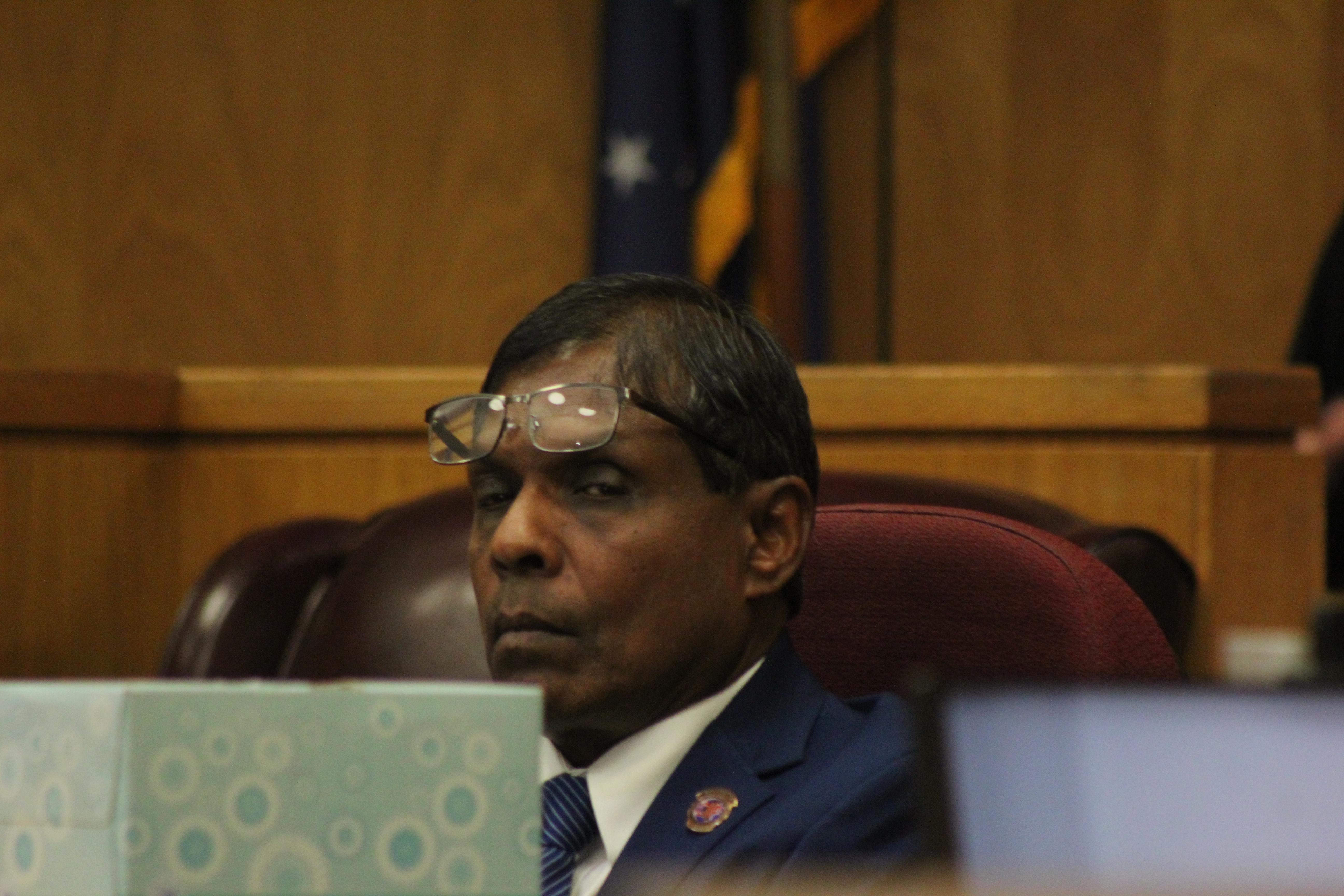Aldermen’s closed session may violate state law — Attorney: Reasons given not sufficient
Published 8:56 pm Wednesday, May 16, 2018
Brookhaven aldermen continue to dance around state transparency requirements, shutting the door on a public meeting for an hour Tuesday night in what may be another violation of the Open Meetings Act.
At a regular meeting of the board Tuesday, aldermen voted to go into executive session and close out the public for private discussions, meeting for roughly 70 minutes to discuss “contract negotiations” and “personnel.” But contract negotiations is not one of the 14 reasons that allow a public meeting to be shut down under the Mississippi Open Meetings Act, and although the law does allow closed discussions for personnel matters, it requires aldermen to do more than just say the word, said media and First Amendment attorney Leonard Van Slyke.
“Neither of the two reasons were appropriate for an executive session — there is no ‘contract negotiations’ reason stated as a proper reason for an executive session in the statute, and ‘personnel’ is an inadequate description,” he said.
The Open Meetings Act was created to ensure elected officials conduct the public’s business in an open and transparent matter, and it allows 14 specific exemptions for a board meeting to be closed to the public. The exemptions allow for the protection of sensitive information like a person’s job performance, strategies for litigation, security, land transactions, patient or student data and other narrow definitions.
“Contract negotiations” is not an exemption allowed under the law, which requires “the reason for holding an executive session (to) be stated in an open meeting” and recorded in the meeting’s minutes.
The board’s given reason of “personnel” was also improper, Van Slyke said. The law allows meetings to go private for the discussion of “personnel matters relating to the job performance, character, professional competence, or physical or mental health of a person holding a specific position,” but Van Slyke said aldermen must give the public some identifying information.
He referred to the Common Cause case, decided by the Mississippi Supreme Court in 1989, which requires executive sessions to be announced in sufficient detail so that a member of the public could later go back into the board’s minutes and determine if the executive session was proper.
“They could say, ‘we have a personnel issue in the water department,’ or something that would identify what they’re talking about,” Van Slyke said. “They don’t have to give a person’s name, obviously, but they have to narrow it down so you can go back later and find out, ‘yes, they did discuss something that happened in the water department.’”
Brookhaven Police Chief Kenneth Collins mentioned the need for a closed session early in Tuesday night’s board meeting, and Brookhaven Mayor Joe Cox informed a Daily Leader reporter it was for police matters. But aldermen did not mention a specific department when announcing the meeting would be closed.
When the executive session ended, aldermen said they had terminated Brookhaven police officer Kelsey Dixon’s employment for failing to meet physical requirements. No mention was made of what contract negotiations were considered.
Phone calls and messages to Cox and six of the seven aldermen seeking comments on the executive session were not returned. Only Ward 1 Alderman Dorsey Cameron responded, and he had little to say when informed the closed portion of the meeting may have been improper.
“I understand that, but I’m not going to comment on that. And that’s my quote,” he said. “I don’t have to, and I’m just not.”
So far, 2018 has been a trying year for Brookhaven aldermen and the Open Meetings Act.
Aldermen held what appeared to be a similar illegal executive session in March for the same reason — contract negotiations, and also potential litigation — in which they hired business development firm The Retail Coach and fired garbage company Waste Pro from picking up debris in the city.
Van Slyke said then a closed session for The Retail Coach, an independent contractor, was on the border for what is appropriate under the Open Meetings Act. City officials claim closing the meeting was necessary because part of the firm’s discussion involved its efforts to recruit businesses to the area, and talks involving business expansion or relocation, or land purchases, are appropriate.
“If they’re going to talk about a particular business — ‘we’re negotiating with Walmart for a new store’ — that may be appropriate for executive session. But if they’re talking in general terms, ‘we’re going out there looking for companies and here’s our general approach,’ none of that stuff is appropriate for executive session,” Van Slyke said.
Some aldermen then expressed doubt they were using executive sessions properly.
Alderman-at-Large Karen Sullivan said she asked another alderman why the discussion was secret, and Ward 6 Alderman Shelley Harrigill said she felt like the board used “broad stroke topics” to fit discussions into legal exemptions for closed meetings.
“When we go into executive session, I myself don’t know whose department we are going into. I don’t even know until they close the door. You feel like it’s one big fog,” Harrigill said in March. “But I’m not the city attorney, and he thinks we’re doing it right. I think it would behoove us to be more specific, so we can be as transparent as we’re capable of being.”
But Harrigill seemed to have forgotten transparency on May 1, when she met with Cameron and Ward 6 Alderman Jason Snider as members of a board committee studying a public swimming pool. Notice of the meeting was not given, and The Daily Leader was not allowed to sit in on the discussions when they were discovered.
Cox and Harrigill told the newspaper the meeting was not illegal because there was not a majority, or quorum, of the full seven-member board of aldermen, but the Open Meetings Act states committees are public bodies and subject to the same rules as the board of aldermen.





